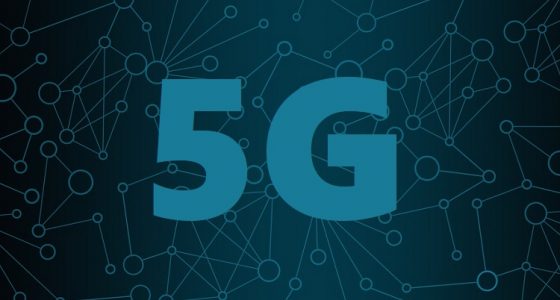

In truth, we’re still a few years off from the arrival of this futuristic new world. “If I ultimately want a drone or service network for my company, a 6G terahertz spectrum and satellite-plus-terrestrial infrastructure is an interesting combination.” “You see a lot of these low-Earth-orbit satellites going up right now, which means we are going to have ultimately hundreds, perhaps thousands out there - which could dramatically change the playing field if they get involved in the 6G story,” Byrne says. The towers being used for 5G will likely be repurposed for 6G use, but satellites may also play a role. The Future of Next-Generation Wireless Technology “Data from multiple people is starting to tell you things in advance.”


“If you take an environment in which you’ve got hundreds of thousands of 6G sensors and you apply data analytics and you have a data pool of all that’s out there, you start talking about some transformative use cases,” Byrne says. For videoconferencing, we could have a simulated conference room where you’re looking at holograms of the people rather than a screen with their faces on it."īy applying data analytics and artificial intelligence, 6G could make networks smarter and more automated, he says. “You’re talking about maybe a thousand times more throughput capacity, whereas with 5G, the holy grail is to be able to get to 1 gigabyte per second on your device.”ĦG could offer enhanced sensing capabilities - facilitating amplified situational awareness for augmented reality and virtual reality applications to provide potentially jaw-dropping user experiences.įor example, says Byrne, “At the airport right now, I could see someone on a screen telling me about the customs process. “That takes every advantage of 5G and kind of puts it on steroids,” Byrne says. 6G will take 5G’s high throughput capabilities to a new level by tapping into the terahertz radio frequency band, according to John Byrne, service director of telecom technology and software at analytics company GlobalData. “5G is trying to enable the Internet of Everything, and it’s making some steps toward that, but 6G will really get it right,” says Jeffrey Andrews, director of a research center at the University of Texas at Austin that was launched in June.ĥG-enabled carrier frequencies of above 6 gigahertz will be used for the first time in a cellular system much greater bandwidth and data rates than with 4G are the result. The transition to 5G is still underway, but buzz is already building about 6G, which experts say could finally unlock the internet’s almost magical potential.


 0 kommentar(er)
0 kommentar(er)
